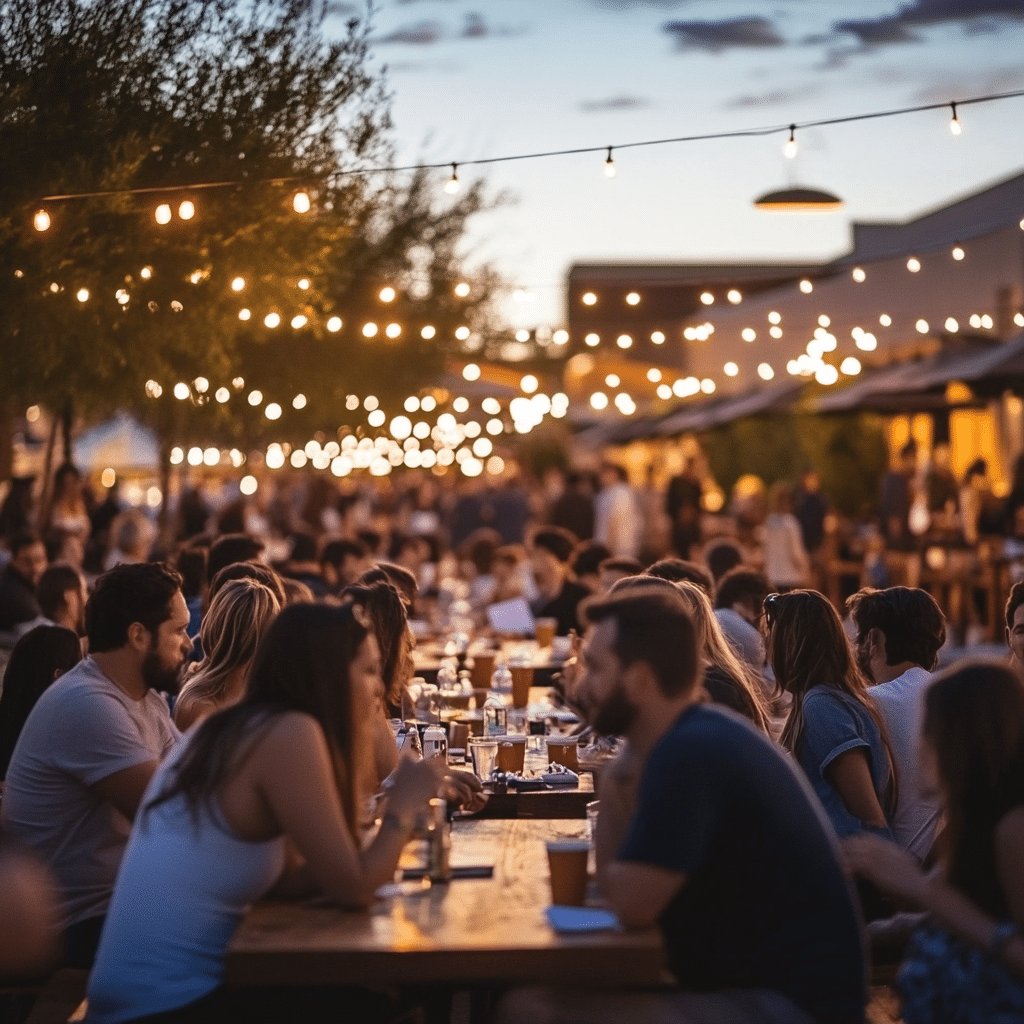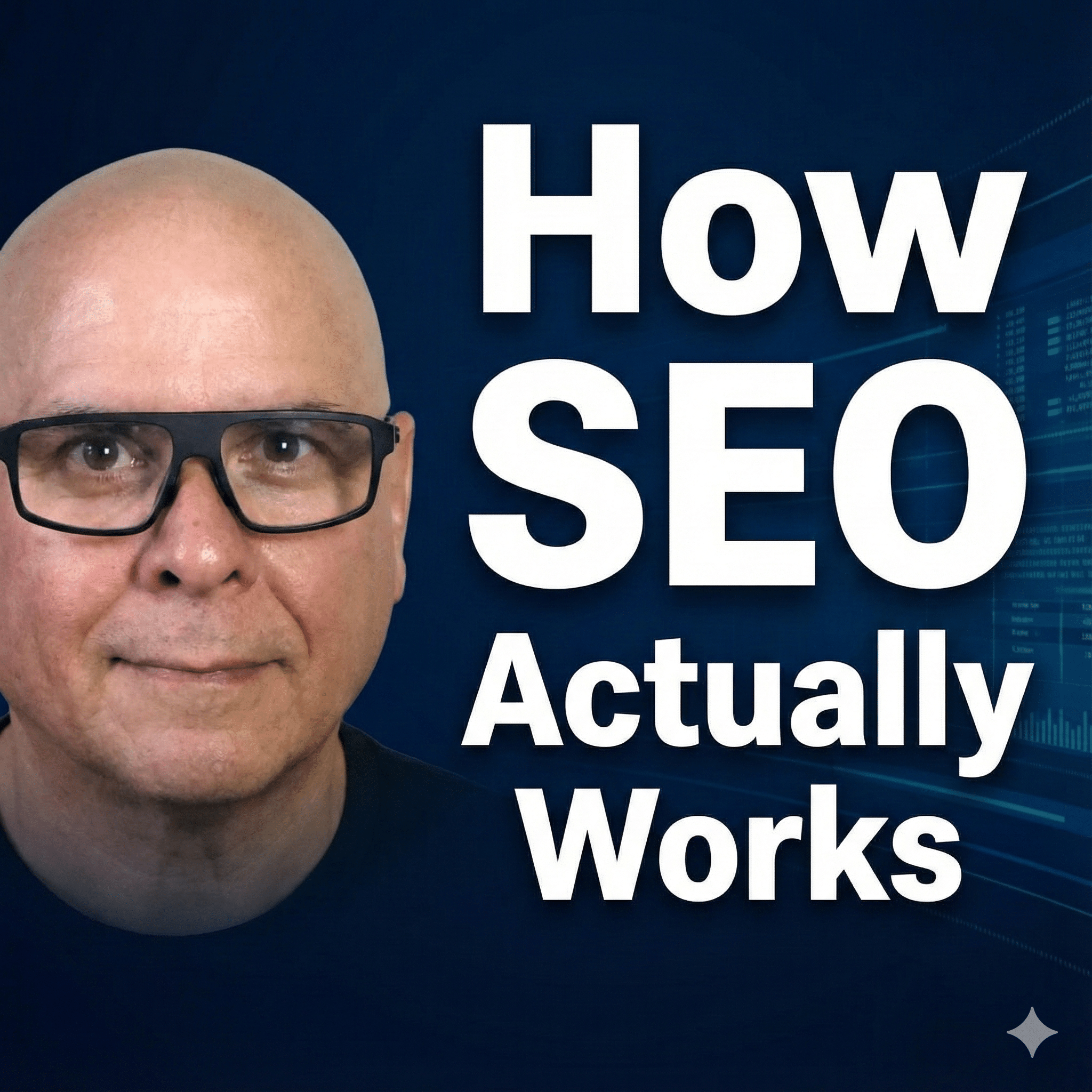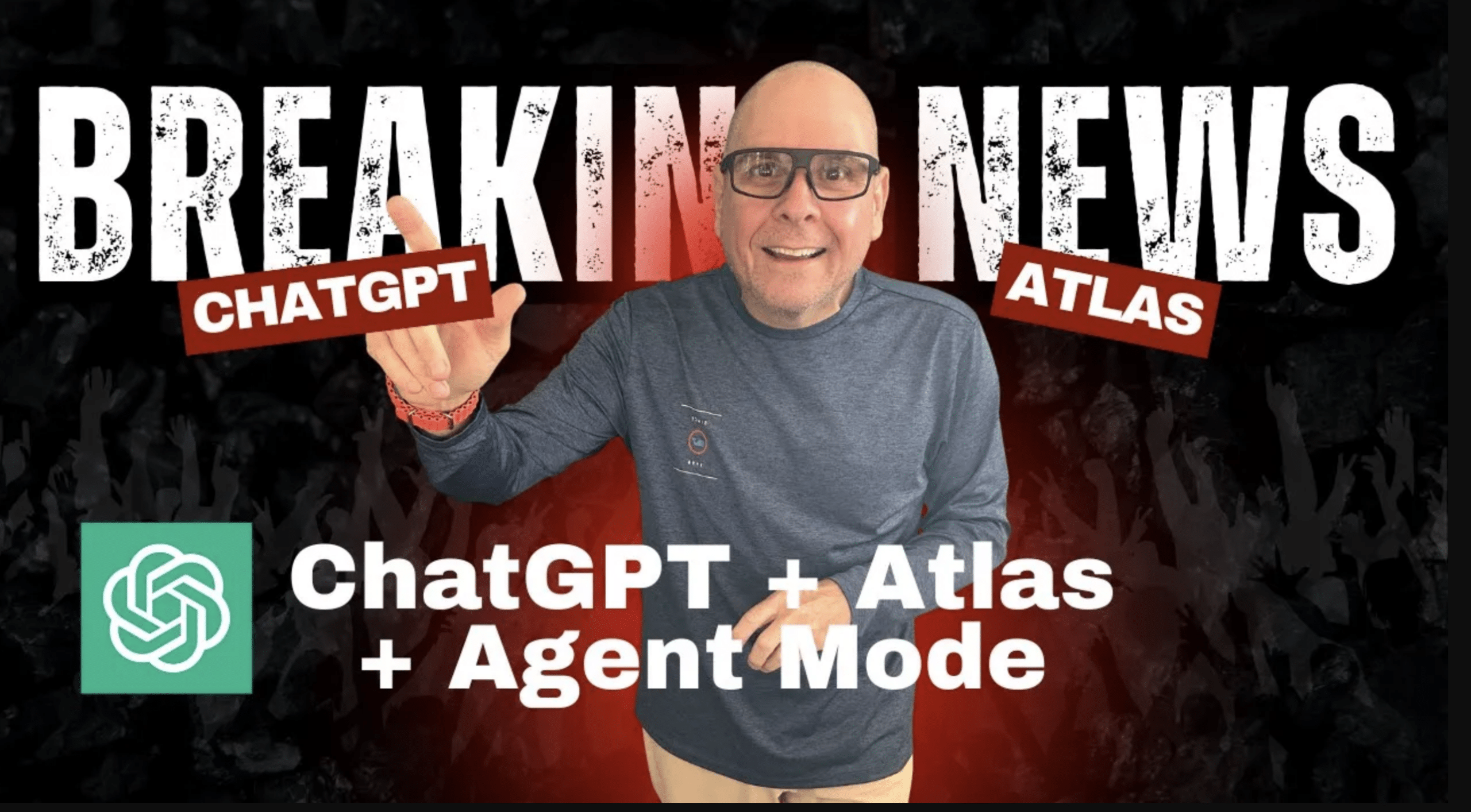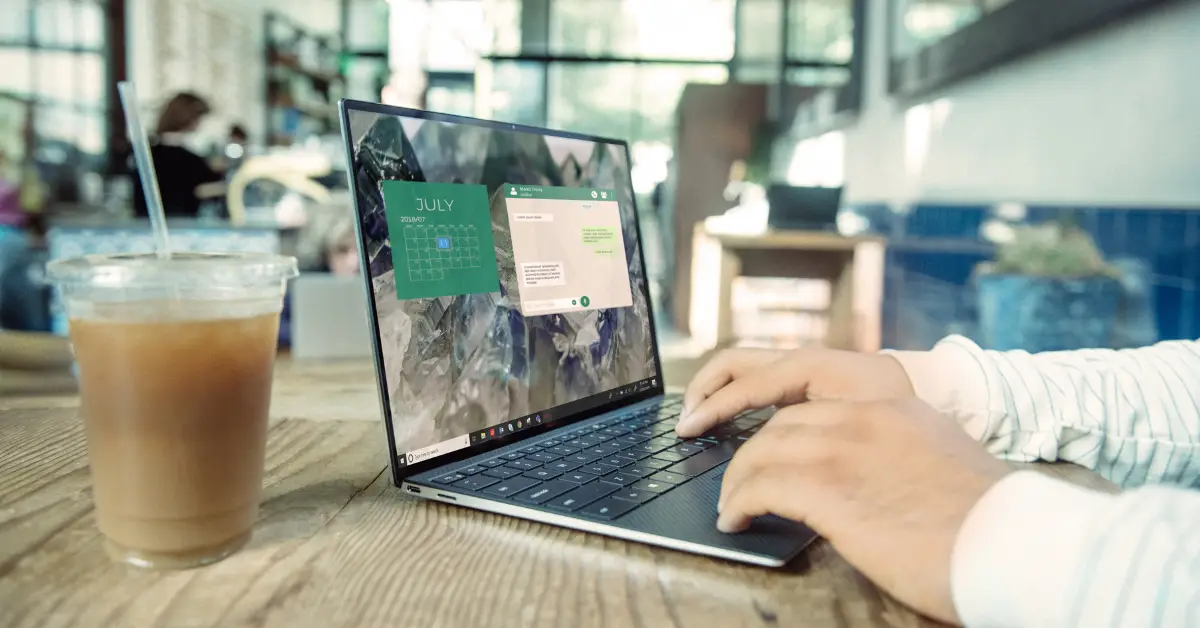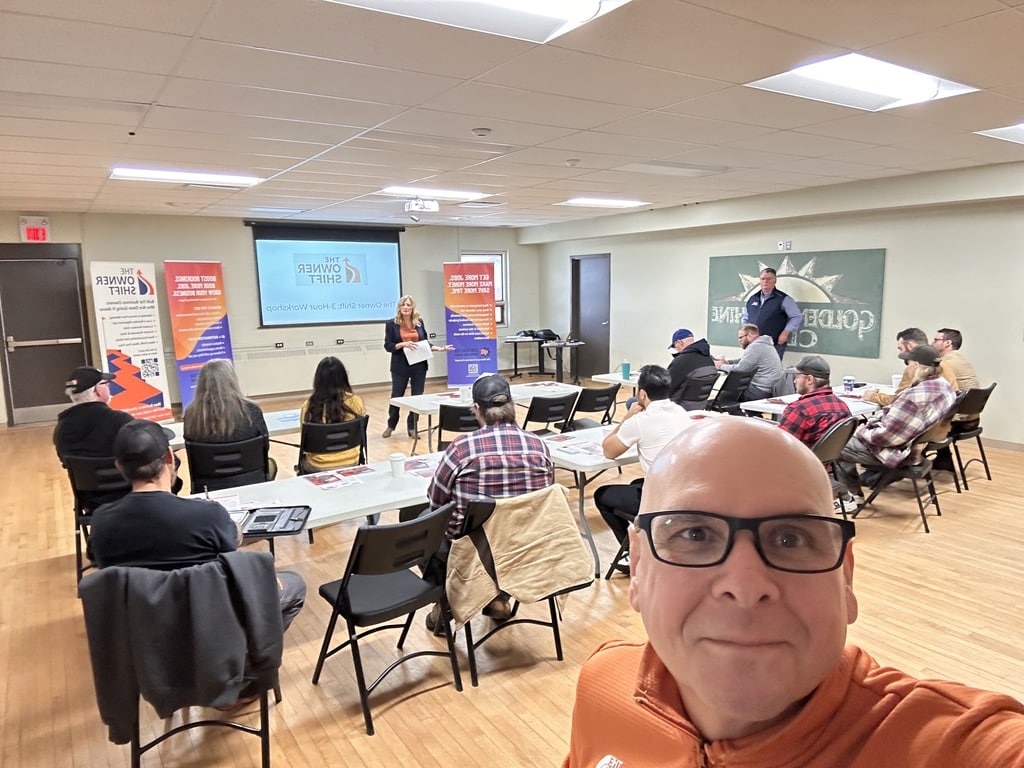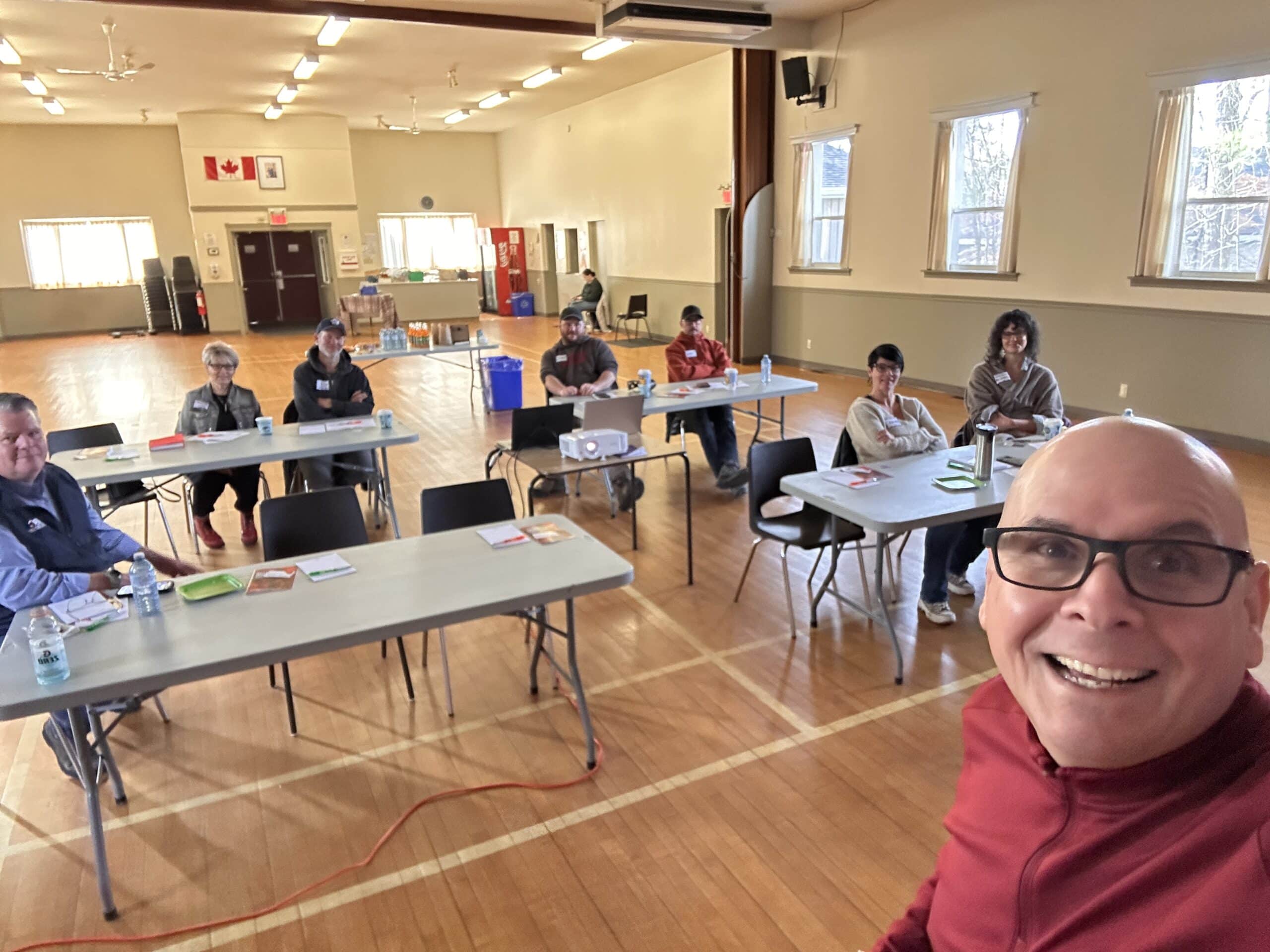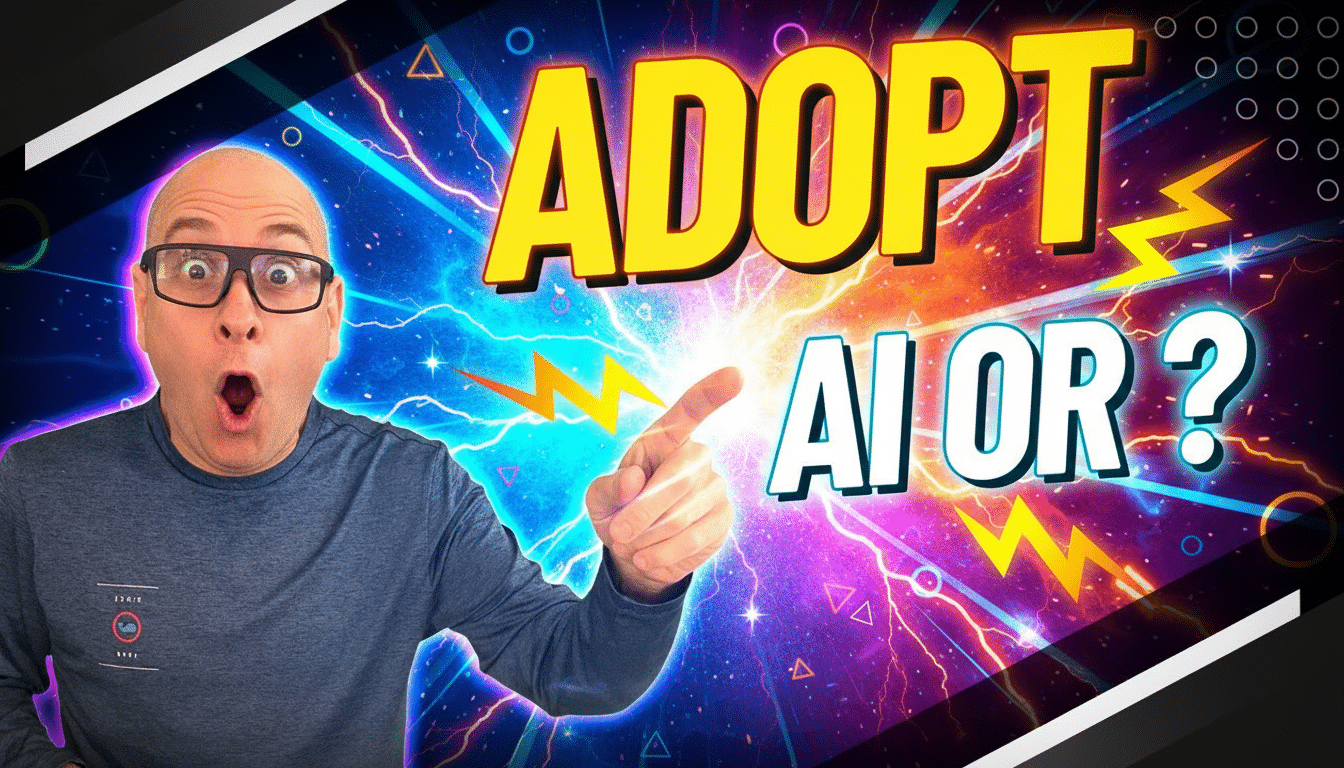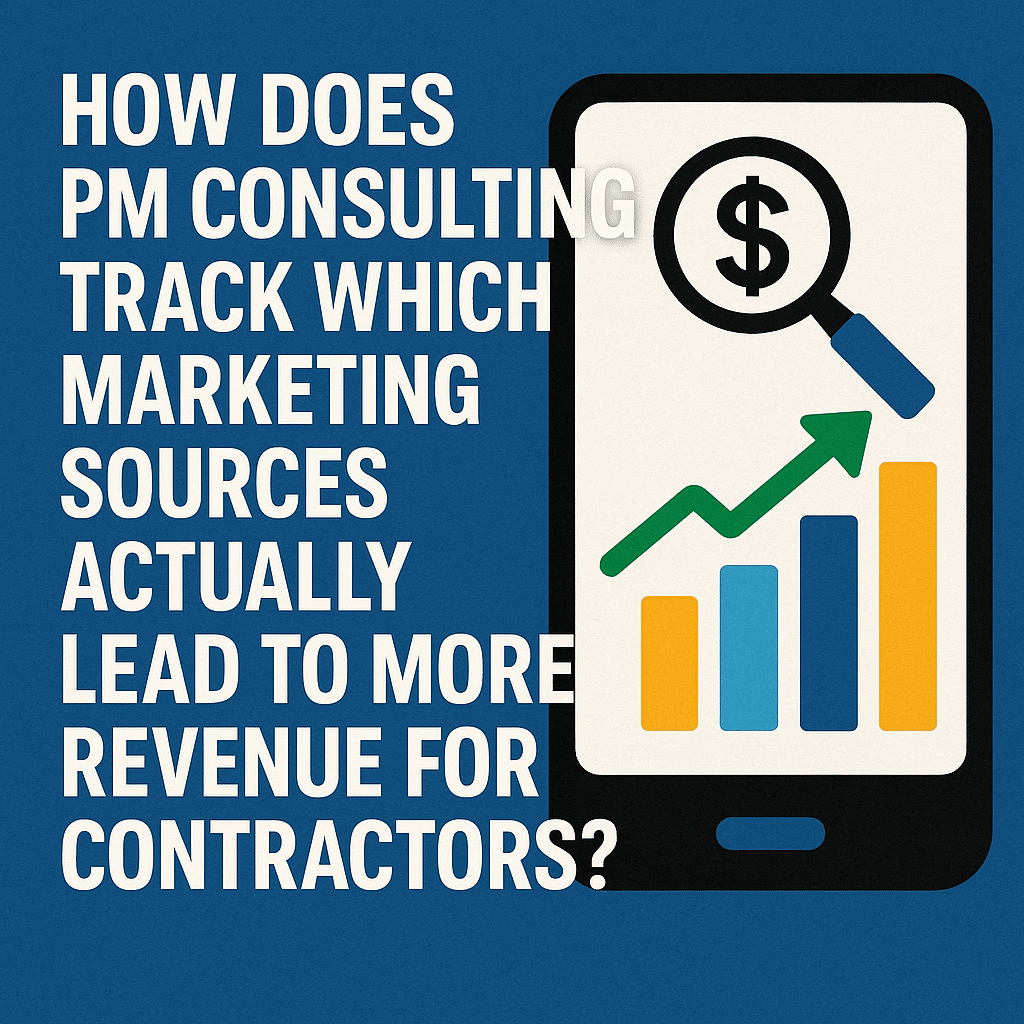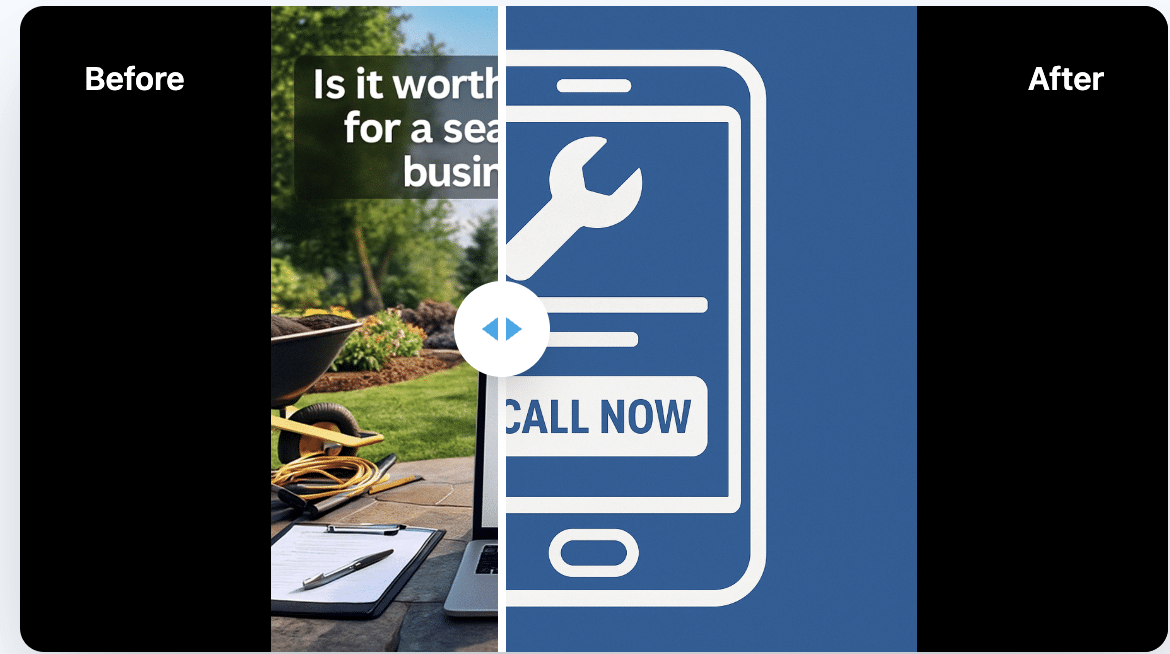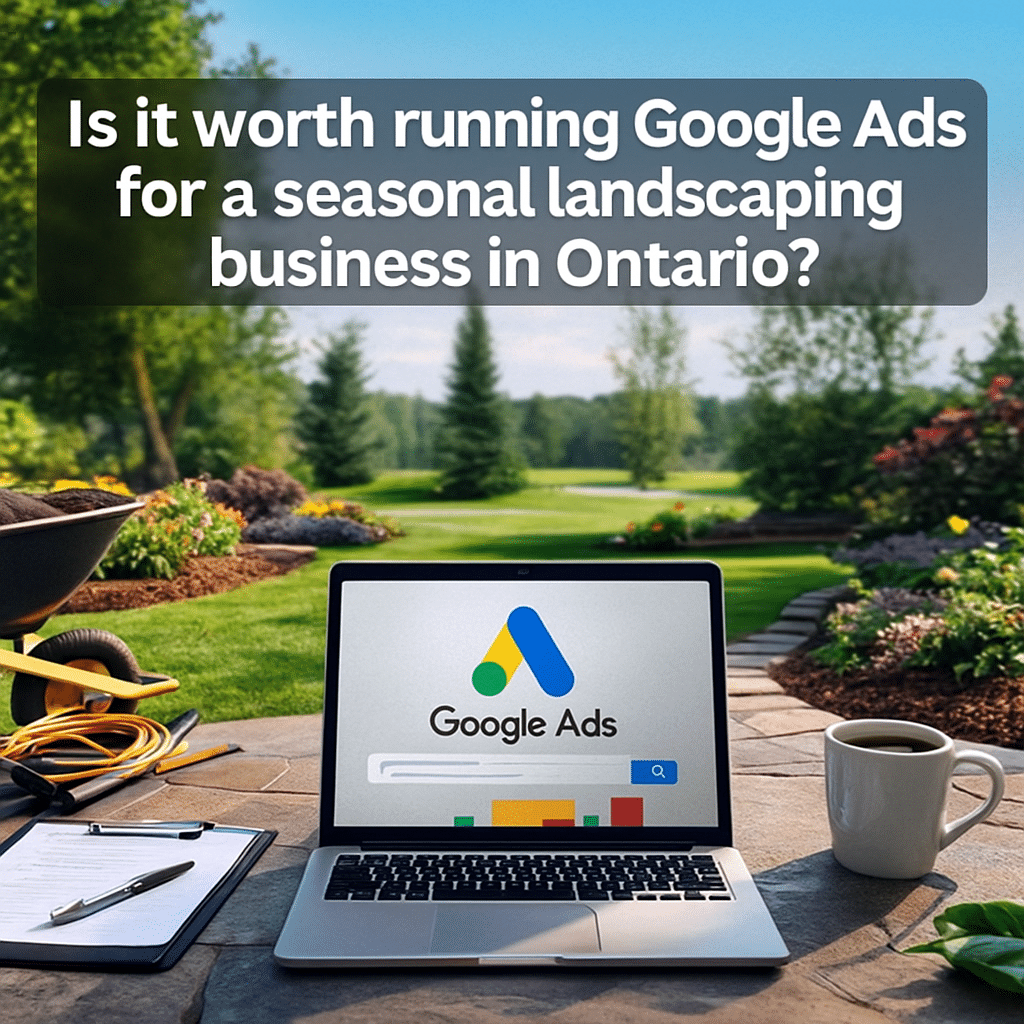Local Event Marketing Trends and Strategies for 2025
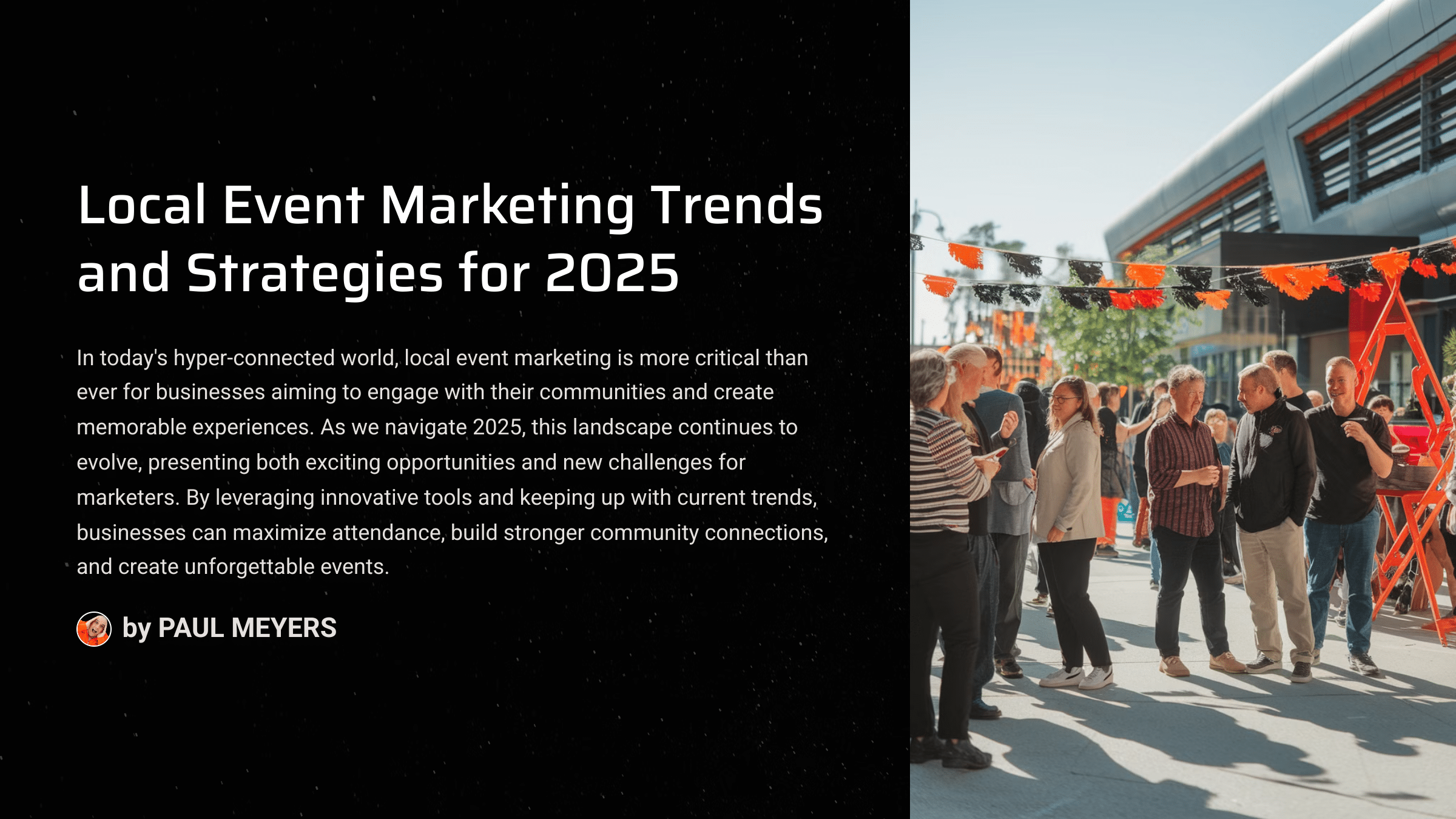
In today’s hyper-connected world, local event marketing is more critical than ever for businesses aiming to engage with their communities and create memorable experiences. As we navigate 2025, this landscape continues to evolve, presenting both exciting opportunities and new challenges for marketers. By leveraging innovative tools and keeping up with current trends, businesses can maximize attendance, build stronger community connections, and create unforgettable events.
This article explores the most impactful trends and strategies in local event marketing for 2025. From targeting the right audience to embracing technology and sustainability, you’ll discover actionable insights to enhance your next event.
Introduction to Local Event Marketing
What is Local Event Marketing?
Local event marketing refers to the strategies and efforts businesses or organizations employ to promote events in a specific geographical area. These events could be anything from product launches and workshops to concerts and community fundraisers. The goal is to build local awareness, attract attendees, and create experiences that foster engagement and loyalty.
Why Local Event Marketing Matters in 2025
As consumers become increasingly focused on community and meaningful connections, local event marketing plays a key role in bridging the gap between brands and their audiences. By hosting or promoting events, businesses not only boost their visibility but also foster stronger relationships within their local markets. With event attendees expecting more personalized and immersive experiences in 2025, companies must innovate to stay competitive.
The Shift in Marketing Dynamics Over the Years
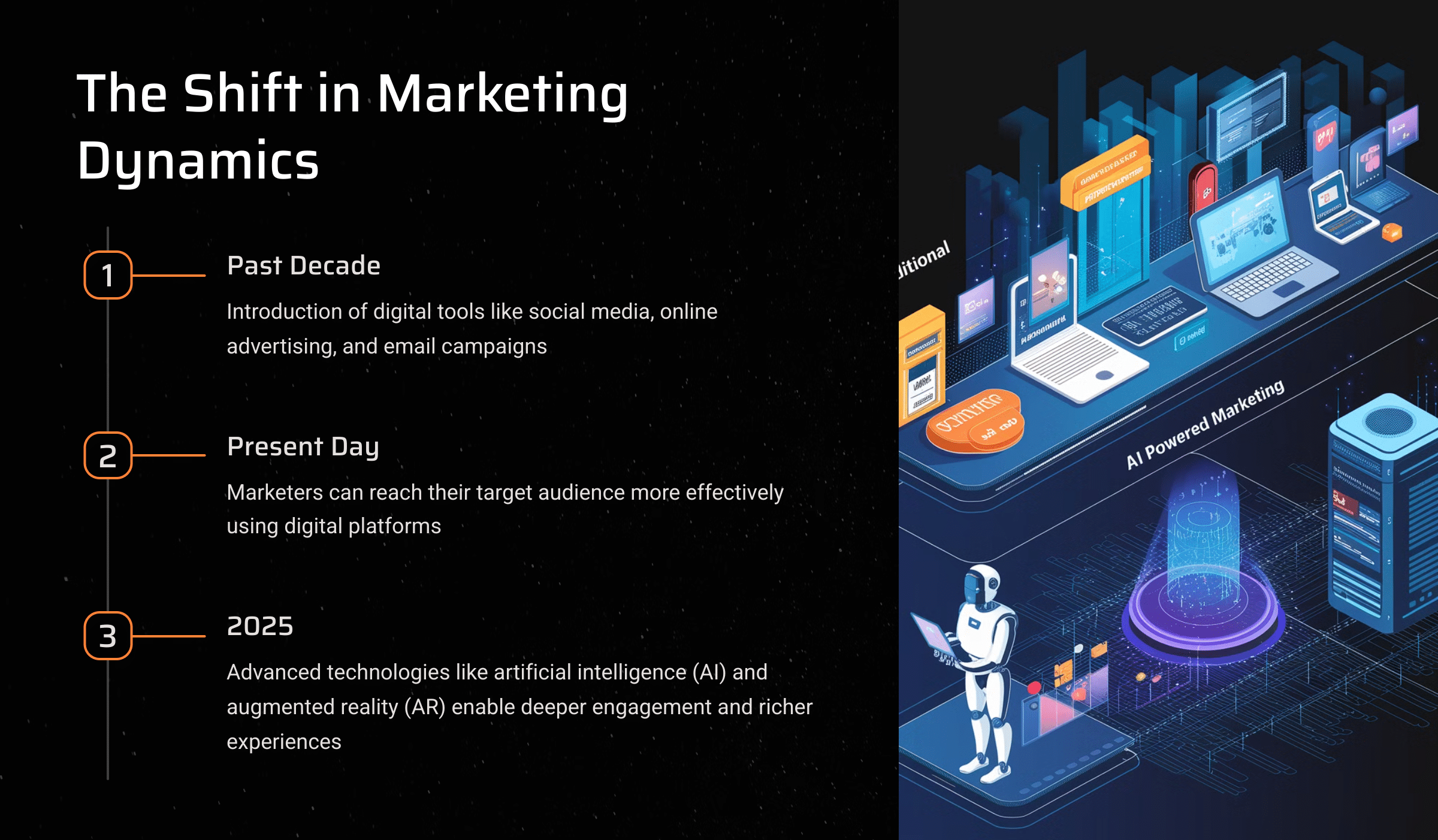
Over the last decade, local event marketing has transformed dramatically. The digital age introduced tools like social media, online advertising, and email campaigns, enabling marketers to reach their target audience more effectively. Now, in 2025, we’re seeing even more advanced technologies—like artificial intelligence (AI) and augmented reality (AR)—that enable deeper engagement and richer experiences.
Understanding Your Target Audience
Importance of Audience Research
The success of any event starts with understanding who you’re trying to reach. Casting a wide net without clear targeting often leads to wasted resources and low attendance. Instead, audience research helps you identify the preferences, needs, and behaviors of your ideal attendees.
Using Data Analytics to Identify Audience Segments
With the abundance of data available today, event marketers can segment audiences based on demographic, behavioral, and psychographic information. Tools like Google Analytics, CRM software, and social media insights can help identify key trends, such as which topics resonate most or what time of day your audience is most active online.
Tools for Audience Profiling
Here are a few tools you can use to better understand your audience:
- Social Media Insights (Facebook Audience Insights, Instagram Analytics)
- Survey Platforms (Google Forms, SurveyMonkey)
- Event Management Software (Eventbrite, Cvent)
By combining data from these sources, you can create attendee personas and tailor your marketing campaigns accordingly.
Personalization: The Game-Changer in Local Events
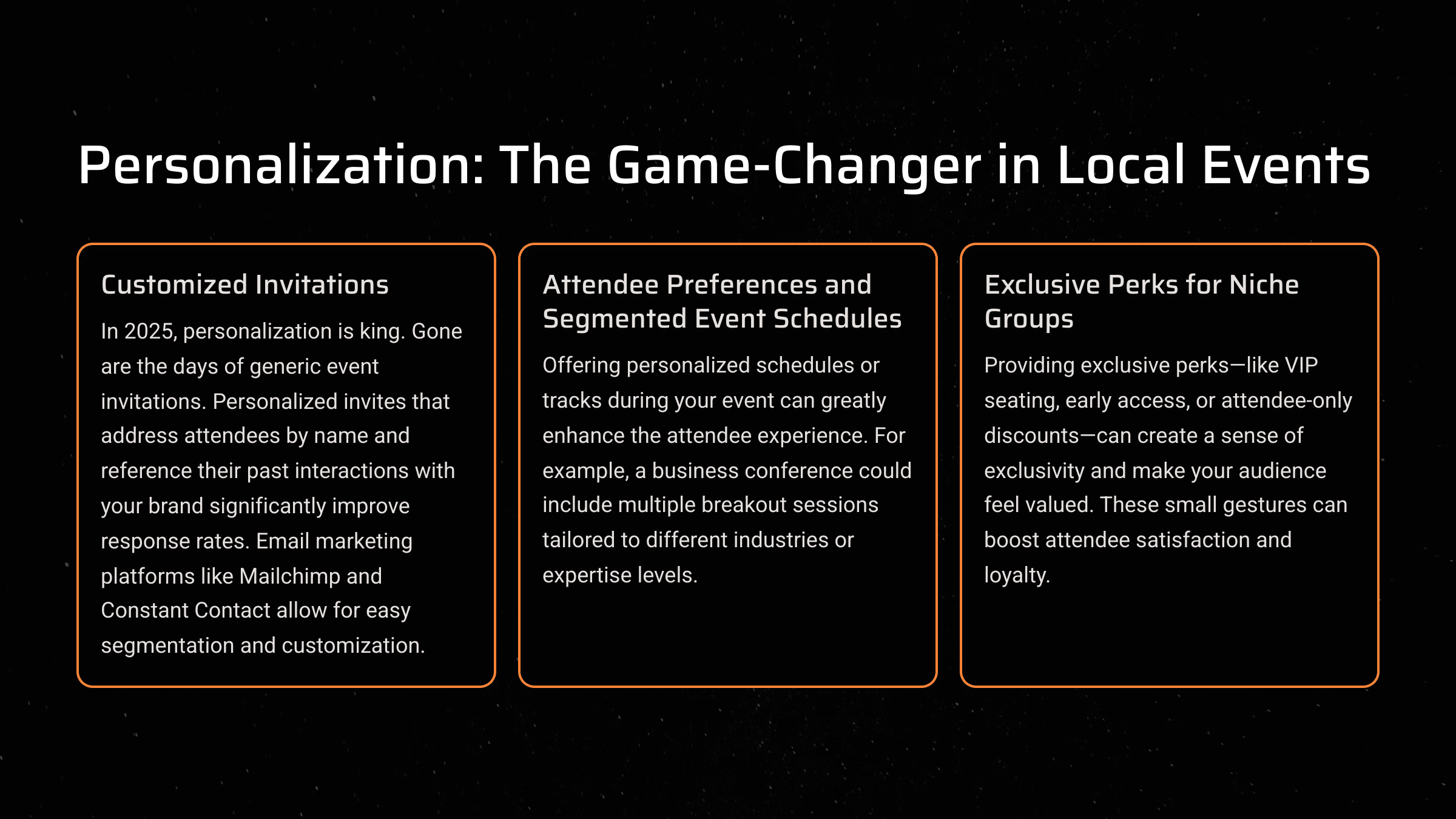
Customized Invitations
In 2025, personalization is king. Gone are the days of generic event invitations. Personalized invites that address attendees by name and reference their past interactions with your brand significantly improve response rates. Email marketing platforms like Mailchimp and Constant Contact allow for easy segmentation and customization.
Attendee Preferences and Segmented Event Schedules
Offering personalized schedules or tracks during your event can greatly enhance the attendee experience. For example, a business conference could include multiple breakout sessions tailored to different industries or expertise levels.
Exclusive Perks for Niche Groups
Providing exclusive perks—like VIP seating, early access, or attendee-only discounts—can create a sense of exclusivity and make your audience feel valued. These small gestures can boost attendee satisfaction and loyalty.
Leveraging Local SEO to Maximize Event Visibility
Importance of Local SEO in Event Marketing
Optimizing your event’s online presence through local SEO is a must in 2025. When people search for events near them, you want your event to appear at the top of search engine results.
Optimizing Event Pages for Search Engines
Here are some strategies to improve your event’s online visibility:
- Use location-specific keywords like “Networking Event in Chicago” in your event titles and descriptions.
- Add structured data (schema markup) to help search engines understand your event details.
- Create a Google Business Profile and include your event in the “Upcoming Events” section.
Strategies for Creating Keyword-Rich Content
Beyond basic SEO, publish high-quality blog posts, guest articles, or social media content that incorporates your event’s keywords. This could include a behind-the-scenes post or an interview with a keynote speaker.
Micro-Events: A Rising Trend in 2025
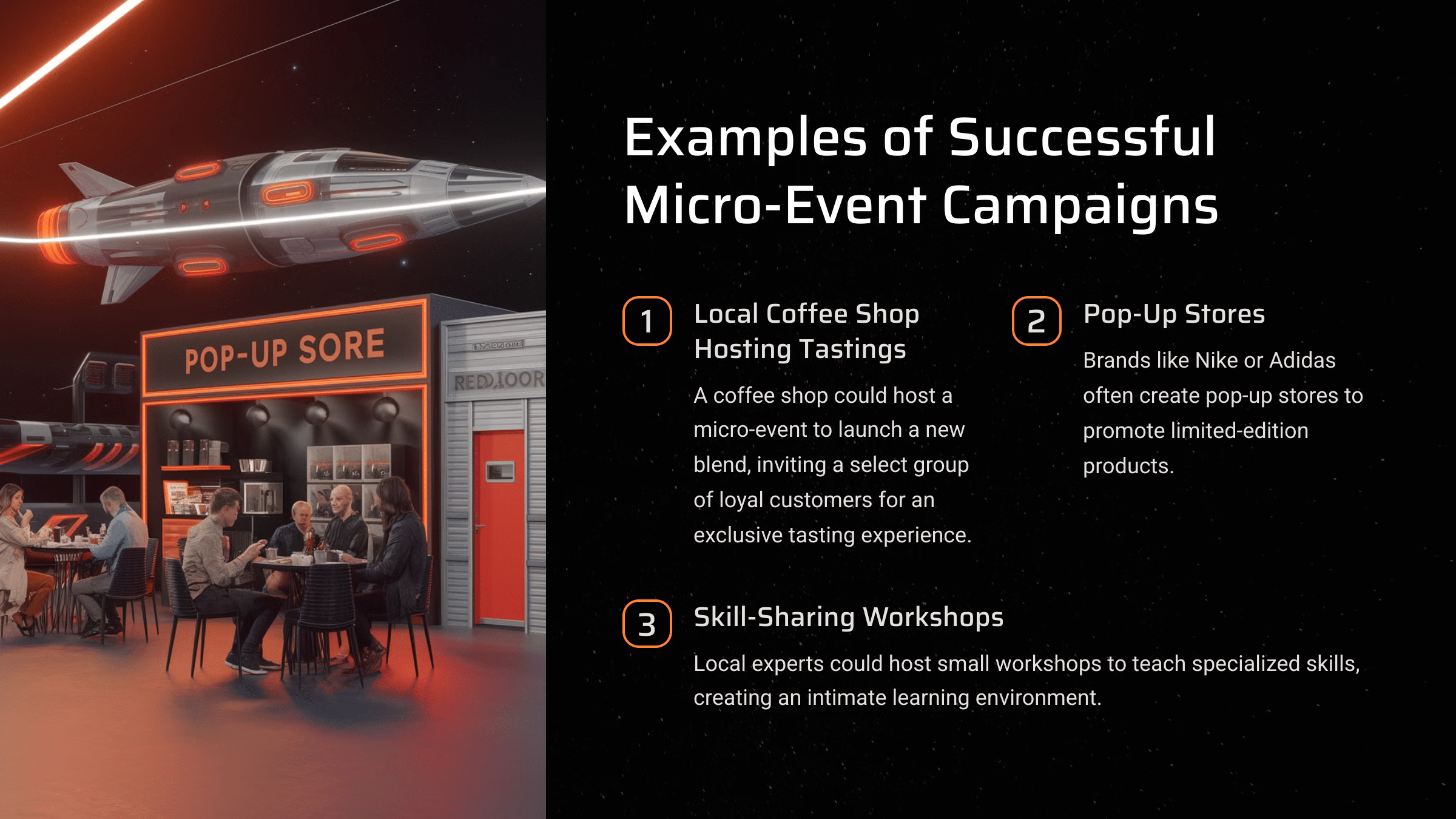
Defining Micro-Events
Micro-events are smaller, more focused gatherings that cater to niche audiences. Think of intimate workshops, small-scale networking events, or pop-up experiences. These events foster deeper connections and allow businesses to test ideas on a smaller scale.
Benefits of Smaller, Targeted Gatherings
- Higher Engagement Rates: Smaller groups encourage more interaction and networking.
- Stronger Relationships: Intimate settings create opportunities for meaningful connections.
- Lower Costs: Micro-events are often less expensive to plan than large-scale events.
Examples of Successful Micro-Event Campaigns
- Local Coffee Shop Hosting Tastings: A coffee shop could host a micro-event to launch a new blend, inviting a select group of loyal customers for an exclusive tasting experience.
- Pop-Up Stores: Brands like Nike or Adidas often create pop-up stores to promote limited-edition products.
Blending Physical and Virtual Experiences
The Evolution of Hybrid Events
Hybrid events—those combining in-person and virtual components—are here to stay. These events offer the best of both worlds by catering to in-person attendees while making the experience accessible to a global audience.
Using AR and VR for Immersive Experiences
Technologies like AR and VR take hybrid events to the next level. Imagine hosting a product launch where virtual attendees can “walk through” a digital showroom or use AR filters to see the product in action.
Engaging Both In-Person and Remote Audiences
To keep both groups engaged, include interactive features like live polls, Q&A sessions, and gamification elements.
Sustainability in Event Marketing
Why Sustainability Matters
Sustainability is no longer a buzzword; it’s a priority. Attendees and sponsors increasingly prefer events that demonstrate a commitment to environmental responsibility.
Strategies for Eco-Friendly Events
- Use digital ticketing to reduce paper waste.
- Select venues that prioritize energy efficiency.
- Partner with local vendors for sustainable food and beverage options.
How to Communicate Sustainability Initiatives
Be transparent about your sustainability efforts by sharing them on your event page and in promotional materials. Highlight eco-friendly measures you’re taking to build trust and credibility with attendees.
Staying Ahead in Local Event Marketing
As we progress through 2025, local event marketing continues to thrive at the intersection of personalization, technology, and sustainability. To stand out, focus on tailoring experiences for your audience, embracing digital innovations, and aligning your event with the values of your community.
Start by assessing your current strategies and identifying areas for improvement. Are you leveraging the power of local SEO? Are your events personalized and inclusive? Are you incorporating technologies like AR or gamification? By taking these steps, you’ll be well-positioned to create unforgettable events that resonate with your audience and foster long-term engagement.
Download PDF [CLICK HERE]

